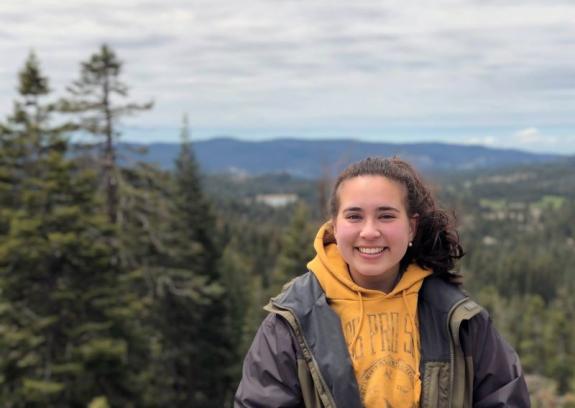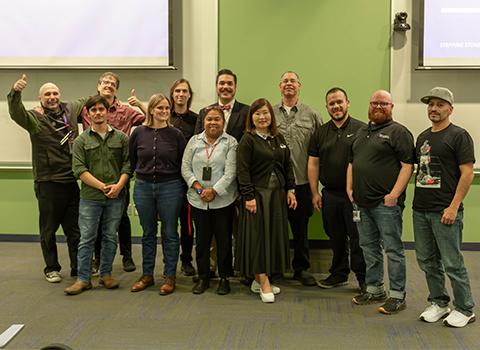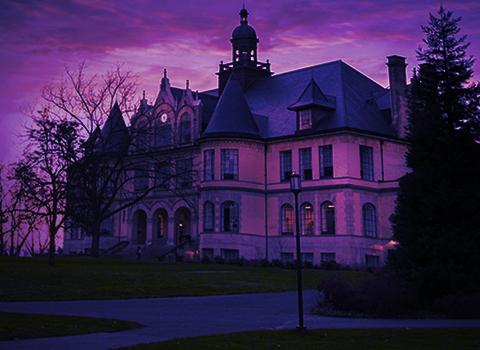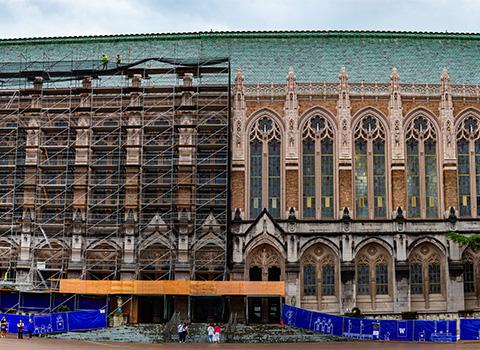Navigating toward zero waste
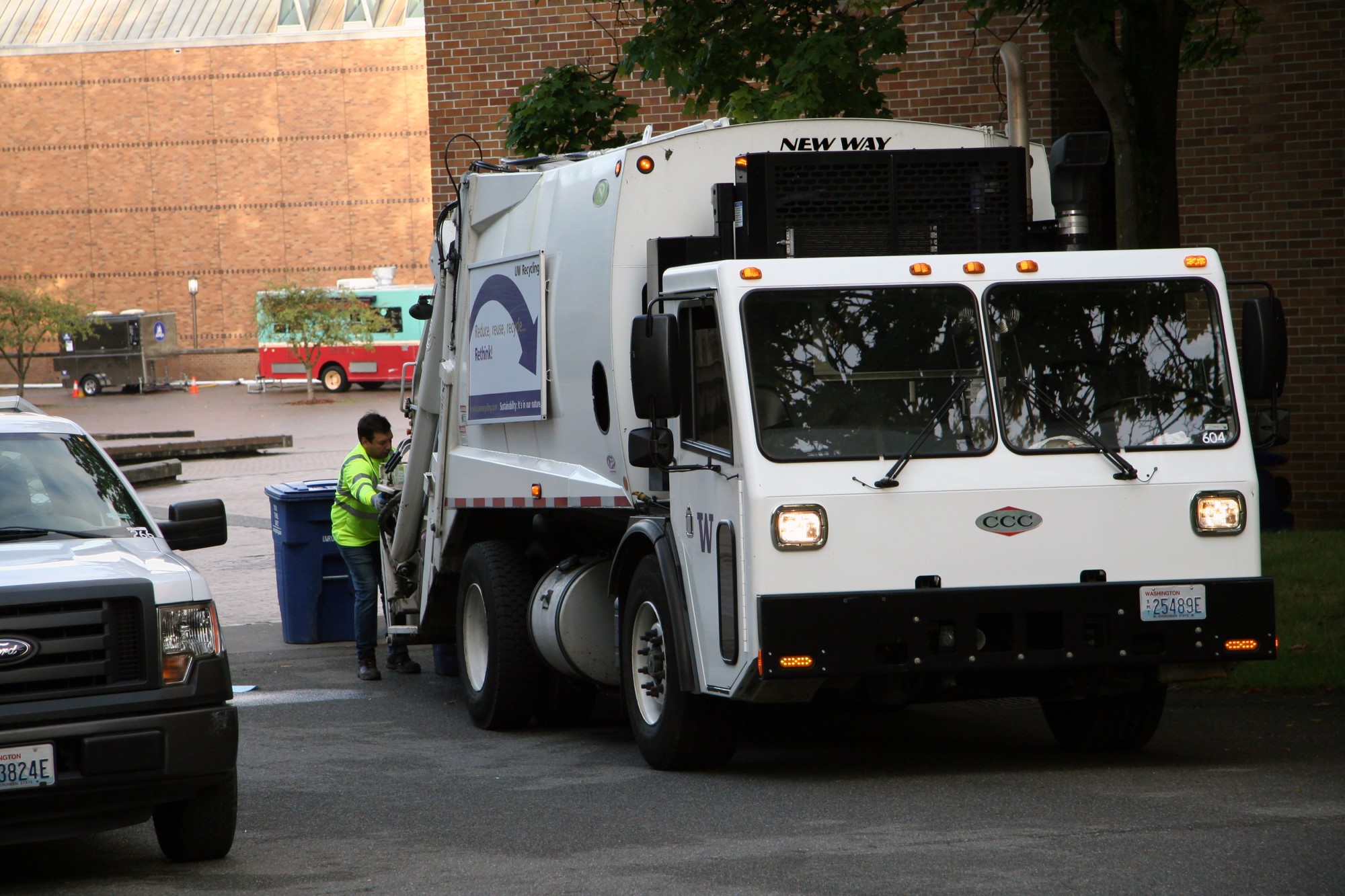
Editor’s note: UW Facilities counts on a number of student interns year round to contribute to our departmental success. This spring, Julie Ira interned with UW Recycling, and shares her experiences in this guest article. Search for open UW internships and positions.
Through my spring internship as the Zero Waste Program Assistant with UW Recycling, I have learned so much about applying zero waste in a higher education setting and wanted to share this with you.
A primary focus of my recent internship was joining the Zero Waste Atlas Fellowship, a program led by the Post-Landfill Action Network (PLAN). As the Atlas Zero Waste Fellow for the UW campus, I served as the liaison between PLAN and the UW, conducting a zero-waste assessment over the course of 15 weeks. This assessment evaluated the waste operations at all three UW campuses (Seattle, Bothell, Tacoma) in order to develop a strategic plan to help the UW achieve zero waste.
The work is all in support of the UW’s Sustainability Action Plan Target 9: to produce 10 percent less solid waste by 2025, paving the way for the UW to achieve even more ambitious waste reduction goals in the future.
Zero waste defined
For college campuses, zero waste is commonly defined as the diversion of at least 90% of materials from landfill and incineration. The Zero Waste Assessment framework was designed to evaluate campuses based on the Zero Waste International Alliance’s Zero Waste Hierarchy, which prioritizes waste prevention.
Prior to my internship, I mostly participated in sustainability at the individual level. Working at UW Recycling changed my perspective on sustainability. It exposed me to the challenges of integrating zero waste in higher education.
The campus assessment was framed based on the concept that in order to achieve zero waste, infrastructural change must precede behavioral change. Evaluating the UW according to this concept introduced a new dimension of intricacy. I had to account for the differing infrastructures across three campuses. Conducting interviews with these stakeholders proved critical in navigating the complexities of assessing the UW. Staff provided valuable information and our discussions sparked ideas about sustainable improvements and the feasibility of a zero waste campus.
UW’s model green initiatives
While there are improvements needed in the UW’s current waste management systems, there are areas where the UW sets the precedent for sustainability. Here are my favorite zero waste initiatives currently implemented on campus:
- UW Housing & Food Services (HFS), UW Medical Center, UW Recycling, and Grounds Management collect coffee grounds from dining facilities across campus and incorporate them into a compost pile for use at the UW Farm and on campus grounds.
- UW Recreation participates in a buyback program with their vendors to divert gym equipment waste from the landfill. They give other small equipment with limited life spans to the Boys & Girls Club in Seattle.
- UW SEED leads the pilot program called OZZI, a reusable container vending machine. HFS and SEED plan to expand this system to other dining facilities in the future.
From academia to the real world
As an Environmental Studies major, I learned about the sustainable ideals when it comes to waste management, development, and environmental education. My academic experience provided the foundation for developing solutions for institutional structures trying to embrace sustainability and zero waste values. This opportunity allowed me to develop my subject matter expertise and apply it in a real-world setting.
I gained professional experience in a variety of areas including environmental consulting, communication, marketing and media through this internship. I’m especially grateful for the UW Recycling staff, who have been supportive mentors throughout the entirety of my internship.
This internship served not only as an experiential learning opportunity that honed my academic and professional skills, but also as a period of personal growth. I stepped outside my comfort zone and achieved projects and tasks that I couldn’t envision myself doing a year ago. At a time where remote learning and work felt isolating, I had a chance to connect with others. I was fortunate to have daily interactions with mentors and colleagues who were passionate about their work and mine, and who look forward to furthering the UW’s journey toward achieving zero waste.
